Some human experiences are universal, and one of those experiences is grief. Whoever you are, and whatever else happens in your life, at some point, you will live through the death of someone you love and care about, and the pain that goes with it. Despite the fact that everyone feels grief at some point in their life, it can be one of the most isolating experiences that anyone can go through. Other people are often unsure of what to say, and grief can invoke such strong feelings that it makes many people feel uncomfortable, despite the fact that we all live through it at some point. Fortunately, because of the universal nature of grief, there are hundreds of writers who have explored the topic, in a variety of different ways, in books about grief.
There are workbooks and practical, mental health-based guides, which grieving readers can use to find ways of processing their feelings that work for them. There are also many different memoirs that focus on grief; reading these can give readers solace in knowing that other people have felt similarly to them, and might help articulate some of the feelings that they’re still working through, but haven’t been able to put words to yet. Grief is difficult no matter what the course, but these books may help grieving readers feel less alone.
Crying in H-Mart by Michelle ZaunerZauner’s memoir focuses on her relationship with her mother, and her feelings on love and grief after her mother dies of cancer. This book focuses on how her mother’s illness and death impacts on Zauner’s sense of her own identity as a Korean American woman, and how she manages in the aftermath of her bereavement, making it an essential read for anyone who has questioned themselves in the wake of losing someone they love. |
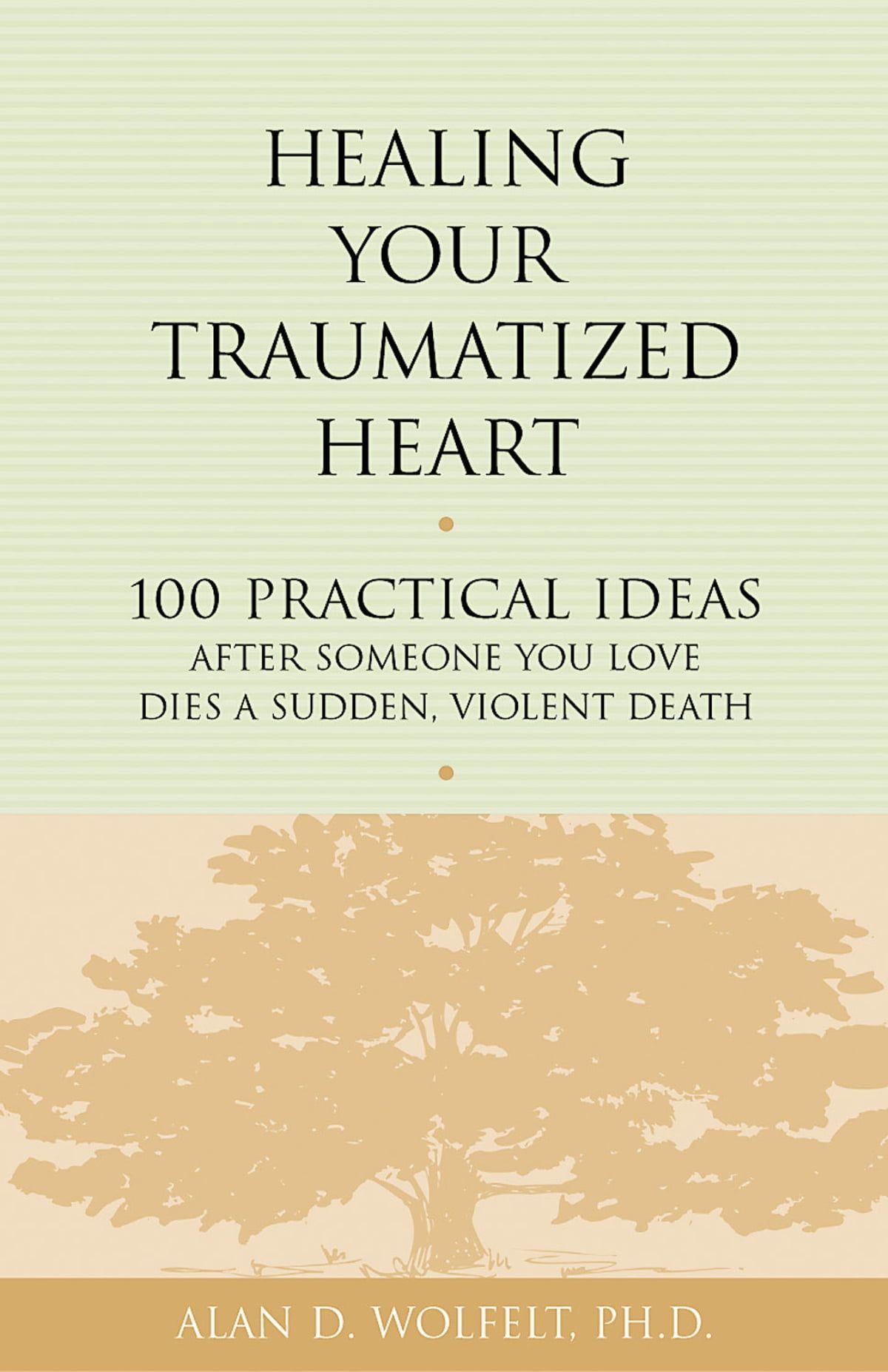
Healing Your Traumatized Heart: 100 Practical Ideas After Someone You Love Dies a Sudden, Violent Death by Alan D. WolfeltWhile everyone experiences grief, not everyone experiences it in the same way or for the same reasons. Many resources for grieving people are based around death from illness or old age; however, people who are bereaved as a result of violence have additional layers of trauma to process. In this workbook from an expert grief counsellor, there are many suggestions on ways to move through the grief that stems from sudden or violent death. |
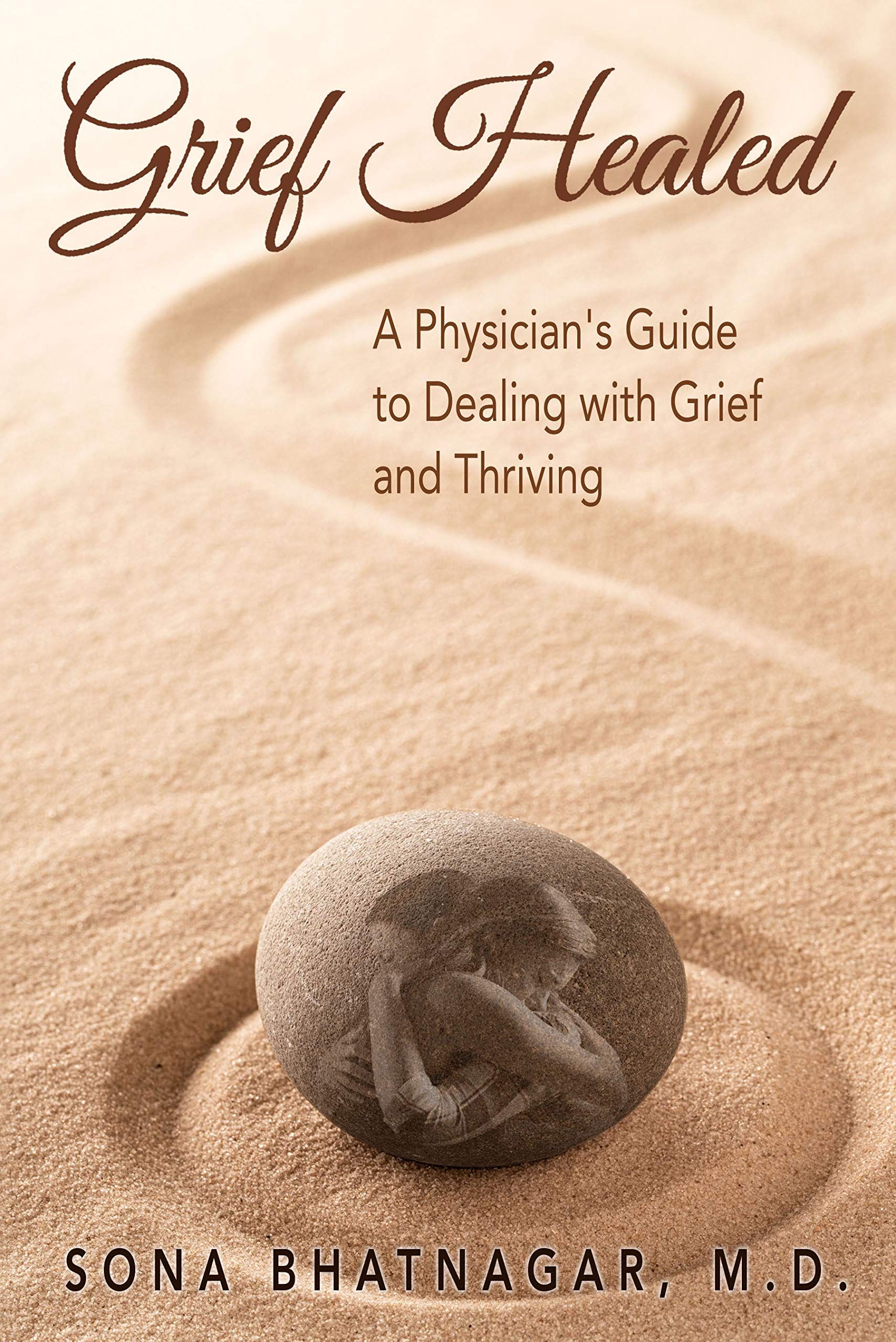
Grief Healed: A Physician’s Guide to Dealing with Grief and Thriving by Sona BhatnagarThis book is billed as “a physician’s guide,” but is an accessible read with plenty of guidance and suggestions for people from all walks of life. Bhatnagar’s work looks at healing from grief through a spiritual lens, but contains practical steps for processing sadness and trauma after someone has died. |
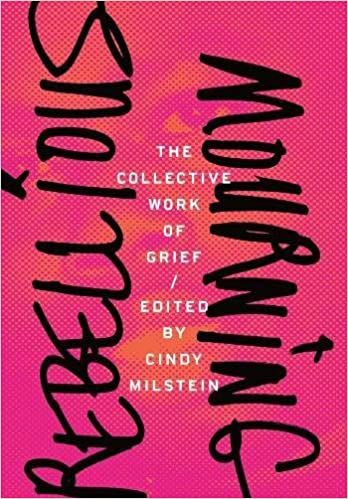
Rebellious Mourning: The Collective Work of Grief edited by Cindy MilsteinGrief is personal, but it can also be political; it can focus around lost loved ones, but can also be present in experiences of intolerance, bigotry, and social upheaval. In Rebellious Mourning, several authors examine grief through the lens of events such as the AIDS crisis and the Fukushima nuclear disaster, as well as incarceration, rape, and homelessness. This book looks at how grief and moving through it can be an important part of social change. |
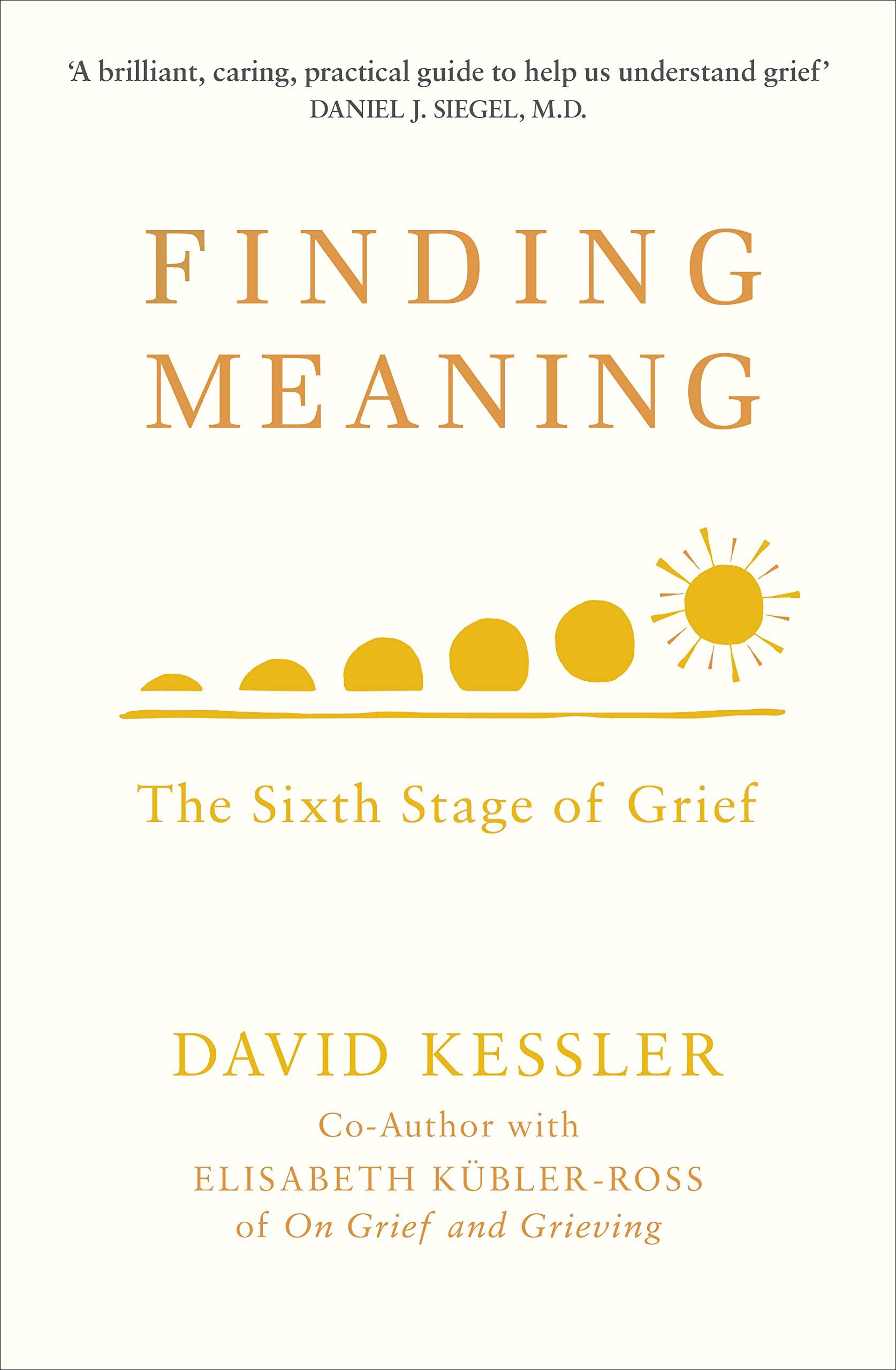
Finding Meaning: The Sixth Stage of Grief by David KesslerThe “five stages of grief” have become part of our cultural lexicon, to the point that they are used as archetypes in media. Kessler’s book takes this one step further, positing a sixth stage: meaning. Having dealt with several instances of personal grief, Kessler uses his own experiences and his research in the field of grief to give guidance to other people coping with loss and help them find something meaningful in their experiences. |

H is for Hawk by Helen MacdonaldIn this memoir, Macdonald chronicles her decision to start training a goshawk, Mabel, after the death of her father. An examination of grief, nature, and life, H is for Hawk was a huge bestseller when it was published, for good reason; anyone who has lost a loved one will empathise with Macdonald’s decision to try something completely new while processing her loss. |
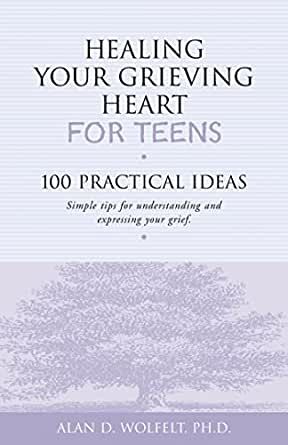
Healing Your Grieving Heart for Teens by Alan D. WolfeltGrief knows no age, but many resources for grieving people are aimed at adults. This book gives guidance to teens and children who are processing the deaths of close family members or friends, and who may be feeling particularly isolated because of a lack of similar experiences amongst many of their peers. With practical advice and exercises, it’s a useful tool for any young person moving through grief. |
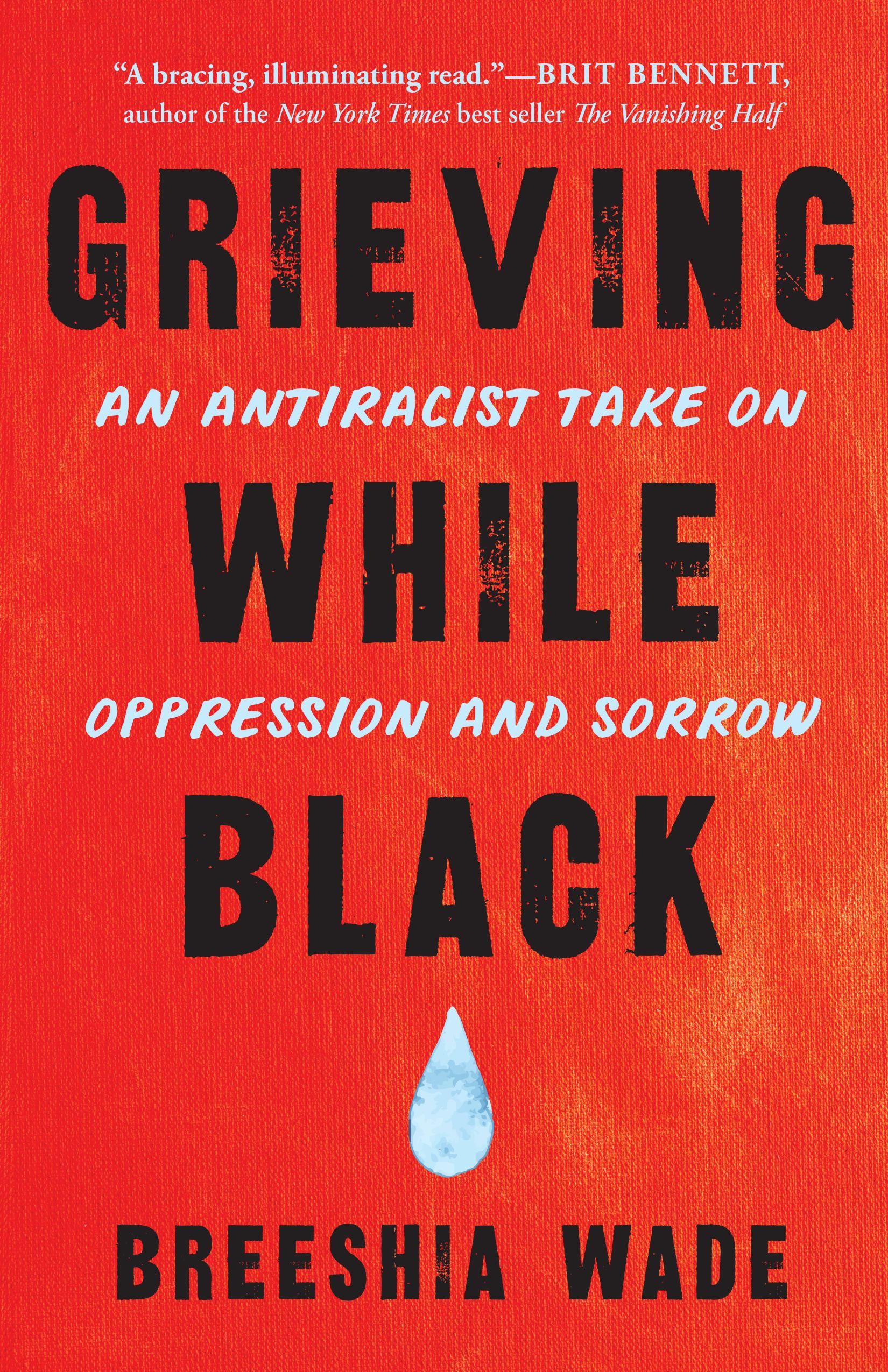
Grieving While Black: An Antiracist Take on Oppression and Sorrow by Breeshia WadeIn this in-depth book, Wade looks at the way grief exists on both a personal and societal level, manifesting both as a response to loss of loved ones and to experiences of systemic oppression. Drawing on her own experience of working with bereaved, traumatised, and grieving people, Wade explores how everyone can move through collective grief. |

Grief is Love: Living With Loss by Marisa Renee LeeMany people talk about “moving on” after a loved one dies, but in Grief is Love, Lee examines a different path; how to make room for your grief, honour your loss, and continue experiencing the love you felt for the person while they were alive. Drawing on her own experiences of grief, Lee gives a frank and sensitive view on how to process and transform your feelings. |
Some readers may want to turn to fiction to explore their feelings about grief; check out our list of 8 of the Best Novels About Grief and Recovering From Trauma. For books on grief that speak to younger readers, try 8 Memorable Middle Grade Books About Grief.
Source : 9 of the Best Books about Grief










